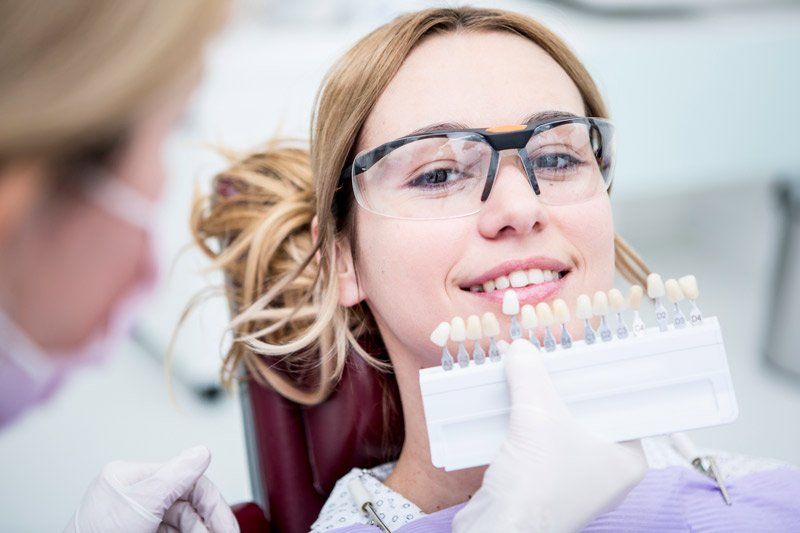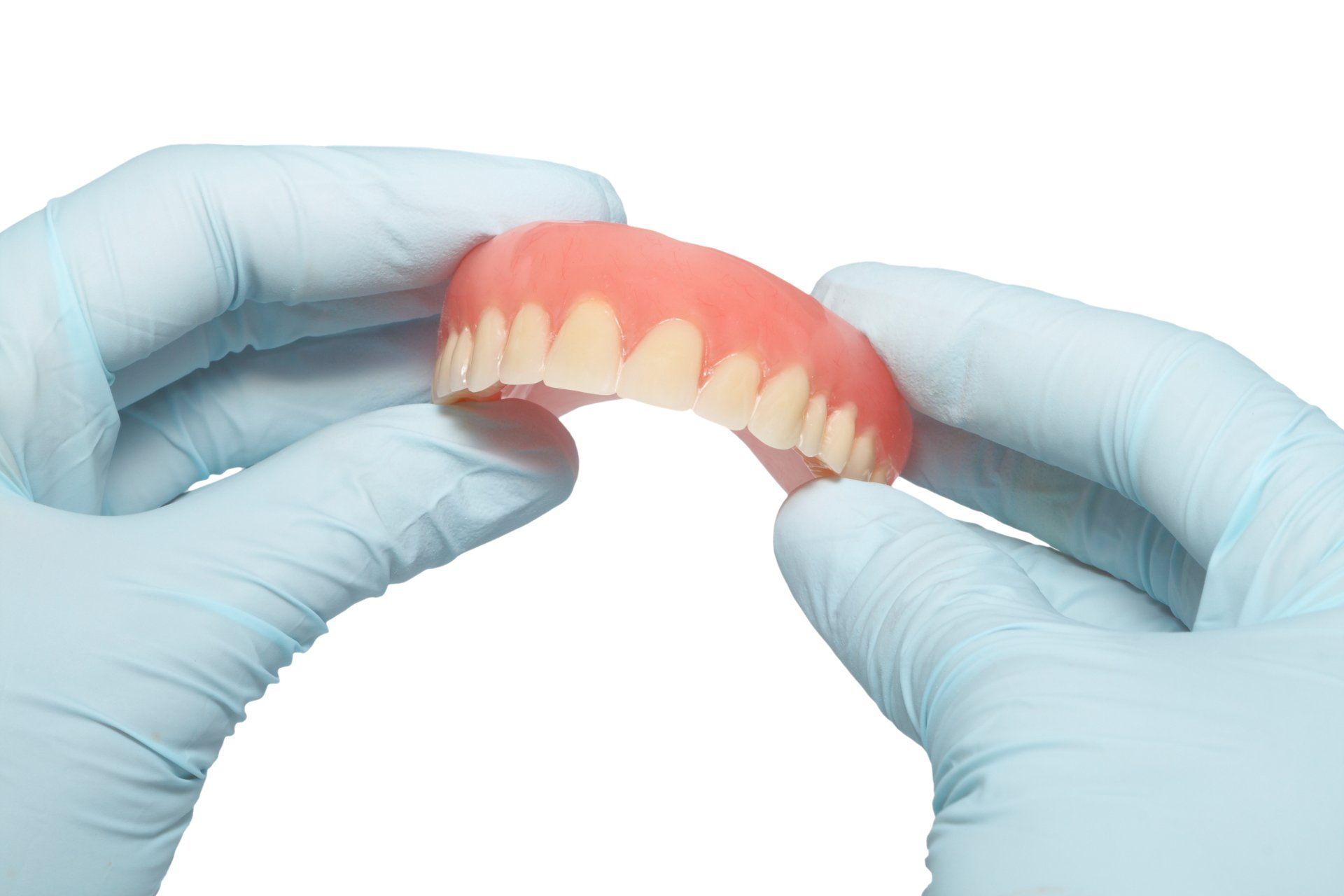Nervous About the Dentist? How to Handle Dental Anxiety

If you ever experience some anxiety before your dental appointment, you're not alone. Research from the University of Adelaide shows that as many as one in six adults in Australia are afraid of the dentist — higher than the number of children, which is only one in ten.
To successfully handle your dental anxiety, first, be kinder to yourself about this common fear, and second, discuss ways to manage your fear. Dental anxiety is something you can overcome, and patients who do overcome their fear will soon see that modern dental work is comfortable, safe and painless.
Be Open About Your Feelings
As you arrive at your appointment, the first thing you should do is to let your dentist know how you feel. Many people feel some uncertainty at the dental office, so you certainly have nothing to be ashamed of in admitting your worries.
Besides, your dentist can't help you relax if they aren't aware that they need to. As such, speaking up will make the appointment easier for both of you to get through.
Know What to Expect in Your Appointments
If you plan to go in for a general check-up, you already know what will happen. Your dentist will examine your teeth to make sure you have no dental problems and perhaps give some advice to improve your dental care routine.
However, anything more unusual could understandably cause some uncertain feelings because you won't be so familiar with the process. Avoid this easily by asking your dentist for more information — both about the dental issue itself and about the intended treatment.
If the dental issue has a technical name, make a note of that so that you can research it later.
In most cases, the solutions to your dental issues and treatment will be extremely simple. Perhaps you'll need to pay more attention to your gums as you brush your teeth — or perhaps the dentist will add a sealant to your tooth to protect it from damage.
Knowing more about your dental health and preparing yourself for any further necessary appointments will help reduce your anxiety.
Make Regular Visits
Visiting the dentist is the very best thing you can do for your anxiety, even if this seems counterintuitive. First, you can teach your subconscious that you have nothing to be nervous about.
Also, putting off your dental appointments means that dental issues often build up over time, even if many of them aren't serious, such as cleaning issues and tiny repairs.
For example, at one appointment, your dentist may suggest you pay more attention to brushing and flossing your teeth. In another, they may notice the beginnings of some staining from too much sugar in your diet. At the next, perhaps they'll make a small repair to a tooth damaged by tough foods.
Individually, these issues are just small things your dentist may mention. However, if you only attend the dentist once every two years, you would need to deal with all three at the same appointment.
Equally, making regular visits helps to prevent more serious problems. Dentists will always find preventing a problem easier than curing it — so take advantage of this with regular dental visits.
With regular dental visits, you'll establish a routine that will help you feel safe and comfortable.
Choose Appointment Times Wisely
Cramming in your appointments before work or during your lunch hour is unlikely to make the task any easier. When possible, schedule your appointments at calmer periods. You'll be able to walk in with a relaxed mindset, without feeling rushed or flustered.
Nobody attends dental appointments every day — except dentists. Feeling a little uneasy about something you're not familiar with is perfectly natural — and as the figures show, many people do.
However, arming yourself with information and ensuring you stick to a good, healthy schedule will do you plenty of favours — both in managing your nerves and your dental health. Contact the dental professionals at Steve King Dental Group to learn more.









